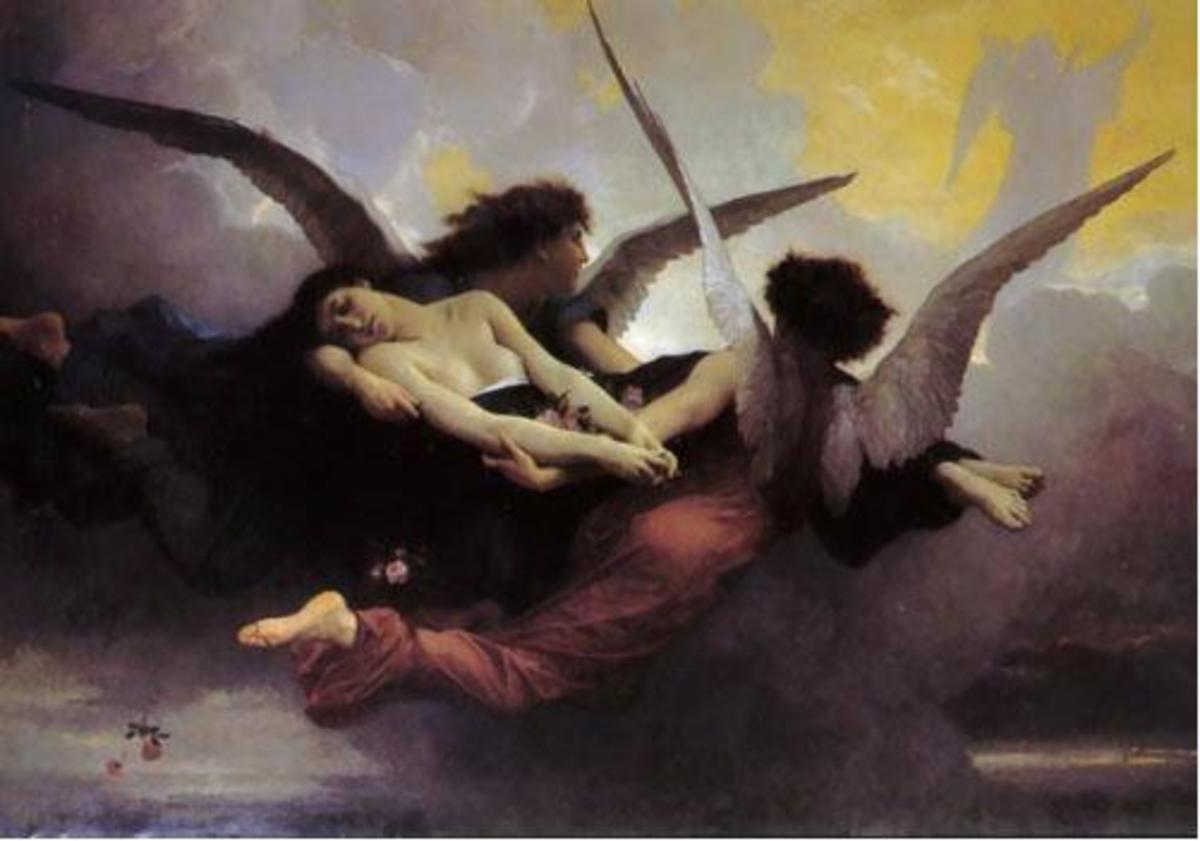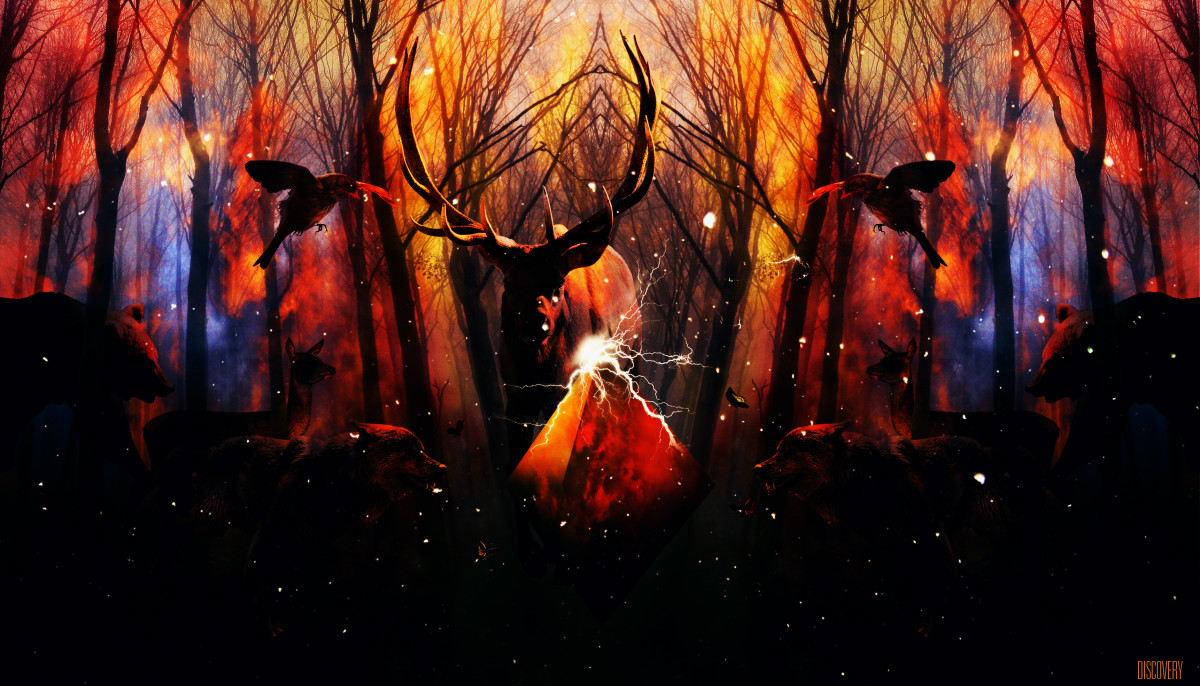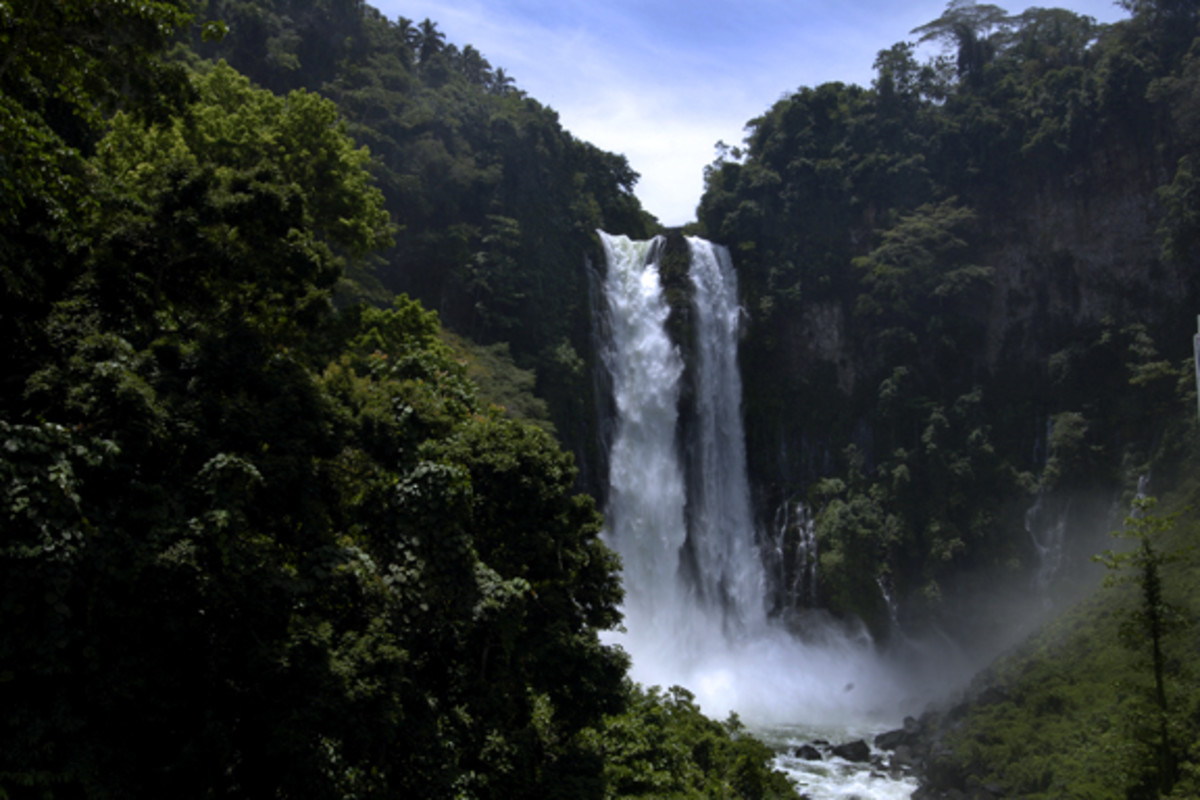Where Do We Go After We Die?
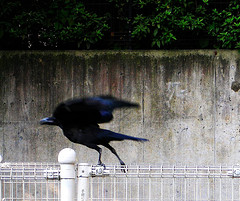
The standard, commonsense answer to this question is, “No one knows, but all of us will find out eventually.”
Given the fact that from a scientific, rational perspective the question, “What happens after we die?” can’t be answered beyond the mechanics of bodily decomposition, most people still have surprisingly intense opinions about it.
Christians generally believe some variation on the Divine judgment followed by Heaven or Hell. Atheists are intensely committed to, “Nothing. We’re just not here anymore. The end.”
New Agers, native peoples, and pagans have a variety of answers, any of which are perfectly plausible, whether or not they can be proven beyond a shadow of a doubt by today’s standards of inquiry.
What might surprise all of these groups is that a fairly large literature about what happens to individual consciousness after death has existed for a long time. All of this literature is based on direct experience, meditation, and spirit contact.
Of course these ways of understanding the human condition are considered invalid by both the scientific community and many religions.
That doesn’t mean the process described in this literature is wrong.
Maybe it is, maybe it isn’t.
We’ll all find out eventually, right?
So, having made the necessary disclaimers and framed the issue in terms with which I am most comfortable, let’s take a look.
I don’t pretend to have any deep personal knowledge of what happens after we die, but all of the following resonate with my own life and my own experience for different reasons.
Maybe some of them will resonate with yours.
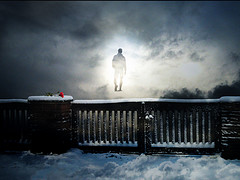
The Spirit Leaves the Body
Death comes to us all, but not in the same way. Some people slip away after a long illness and have lots of time to contemplate their life and its impending end. Others die suddenly and unexpectedly as the result of an accident, a critical health emergency, or a spontaneous tragic event.
Still others die violently, under difficult negative circumstances.
No matter how death comes, at some point breathing stops, systems shut down or are destroyed, and the spirit leaves the body.
At the moment of separation from the body, spirits experience varying degrees of confusion and distress. Helpers greet some spirits and guide them into the Light. Many people in our culture call this Light God, but it is recognized by most other cultures too, even though it is not always called by the same name.
Once a spirit crosses over into the Light it is faced with various choices depending on the life that it has just completed.
At the moment of separation, just before it, or just before crossing over, many, many spirits visit loved ones to say good-bye. So many people have had these kinds of visits, even before they knew the person was dead, that I don’t even question whether or not they are real, although I know the psychologically-correct explanation of the moment is that they are part of the grieving process.
How can that be though, when they sometimes happen before the living person even knows the visitor is dead?
Sometimes the most obvious explanation is the correct one.
Many traditions hold that the dead hang around for about three days, no matter what their destination, just to wrap things up.
Maybe they do!
In a less happy outcome, however, some spirits remain confused or attached or distressed, and so they remain close to earth and the material dimension for a long time. This dimension or level (or whatever you choose to call it—it also is recognized in many different cultures and goes by many different names)—is not a great place to be.
I think it’s worth taking a little time to describe this closest dimension in detail, since it is populated by many elements that make up what the general public thinks of as ‘the paranormal’.
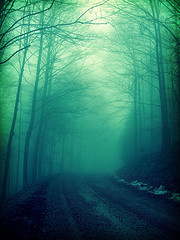
Shadow Realms: The Umbral
The famous Brazilian Spiritist writer Chico Xavier channeled a series of books in which the spirit of a deceased physician describes his life in the spirit world after death. In these books, this doctor refers to the realm closest to earth as ‘the Umbral’, a term taken up by Brazilian Spiritists.
The Umbral is similar to the Catholic notion of purgatory, and in fact, unlike Western Spiritualism (which is more directly tied to Eastern religious ideas and practices), Spiritism is very similar in the structure of its beliefs to Catholicism.
Today, Spiritism is mostly practiced in Brazil, where Chico Xavier remains a popular and revered figure, even though he died in 2002. Before his death, he regularly appeared on Brazilian television and was a respected commentator on popular culture and personal life choices.
He never accepted any money for his writings, healing, or channeling.
What is interesting to me however is how much agreement there seems to be across religious and occult traditions on the specifics of the after death landscape. The descriptions of what Xavier called ‘the Umbral’ resonate with my own personal experiences as well, giving me some confidence in the descriptive veracity.
Of course, we can’t know any of this by today’s standards of knowledge.
But in my estimation it’s likely fairly accurate.
The Umbral is home to what most people call ‘ghosts’, as well as a number of unpleasant and downright horrible creatures and creations.
Some of these beings are made up of energy that reflects what is happening on earth that is negative or counterproductive—rage, dependency, greed, etc. Some are fragmentary energies that persist in the way insects do—they are parasitic and annoying but not truly dangerous.
Some of the spirits in the Umbral are addicted to power and have become grotesque and horrible. They stay by their own choice and they are truly frightening and vicious.
But most of the spirits trapped in the Umbral are working off what we might call ‘bad karma’ from their most recent incarnation and are confused, angry, or lost. They don‘t know what is happening and they can’t move on because of their mental state. Eventually, when they are ready, most do get out of there.
When Catholics pray for the ‘poor souls in purgatory’, these are the poor souls they are trying to help.
When people here on earth decide they have a ghost and encourage that spirit to “go into the Light” it often doesn’t work because the spirit either 1) isn’t a ghost at all, or 2) is a ghost for a reason and can’t move on yet.
In general it’s not a great idea to strike up conversations with beings that live in this realm. When kids play with Ouija boards, they may be talking to the spiritual equivalent of a stinging insect. They may get the spiritual equivalent of fleas or lice. Ouija boards are not a great hobby for teenagers, even though they are drawn to then like flies to cow poo.
On the other hand, some people are able to easily move from the realm of the living to that lowest realm of the dead, back and forth. In that case, it is important to develop a regimen of what you might call ‘spiritual hygiene’ and protection, so you don’t get into a mess.
Many people access this realm in dreams, and spirits can also contact living people in dreams. Dreams that take place in this realm or that are the result of spirit contact have a unique quality that makes them stand out from other dreams and makes them easy to remember—or impossible to not remember.

Spirits & Guides, Demons & Monsters
This article is getting way longer than I intended, so I think instead of diving into a complicated list of related subjects here, I’ll write a continuation in a ‘Part II’ version that goes into the topic of demons and possession and so forth.
In the meantime, please keep in mind that if you think this is all rot and nonsense, that’s fine. I’m not telling anyone what to believe, just sharing a tradition that many people in our culture don’t know much about.
You are free to conclude whatever you like, and it won’t bother me a bit.
For my own part, I’ve had enough weird experiences in my life that over time I’ve come to recognize some of this as probably true based on those experiences. I also think some of it as probably true based on the experience of smart people in many different religious traditions.
The trouble with rationality and science as the only basis for knowledge is that it puts human beings in a state of detachment from the world around us and from our own experience. I’m not saying science and reason are not valuable tools, just that both are human constructs and neither explains everything.
Having made all these necessary disclaimers, I look forward to writing the next segment on this topic.
Please feel free to share your own thoughts and experiences in comments.


